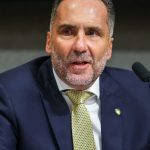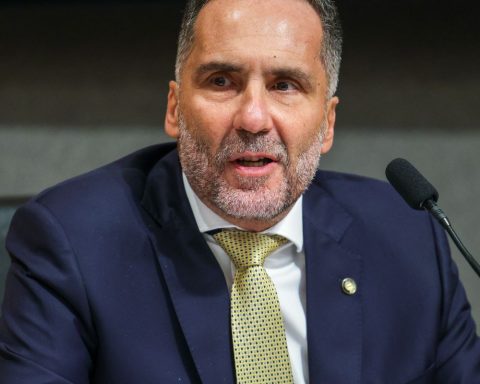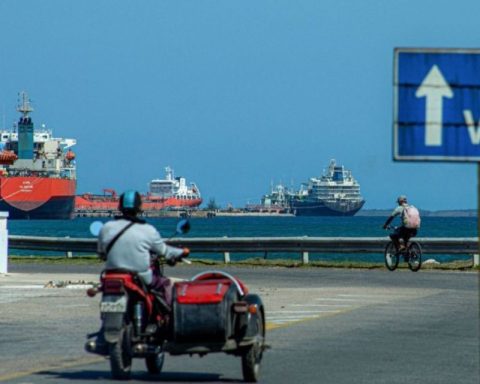The Second Plenary of the Public Television Council will be held between August 25 and 26 in the city of La Rioja, where directors of public channels will meet in search of strengthening the development of these media in all provinces .
This was confirmed by the secretary of Communication and Public Planning of the province, Luz Santángelo Carrizo, who announced that on Tuesday, when he participates in a new meeting of governors of the Norte Grande in Jujuy, Governor Ricardo Quintela will incorporate his project of federalization of provincial channels.
The official remarked that “next Tuesday we will travel to the meeting of governors of the Great North where the possibility of carrying out a network of the North to federalize the provincial channels will be incorporated into the agenda.”
That way, he said, you seek “That all the channels that want to join be part of a platform to see the different provincial channels, since today, they only see in our case, the local channel”.
“The idea is that these media, which are in Buenos Aires and have a national reach, are an option, but the channels of the sister provinces of the North are also an option,” he added.
Likewise, he stated that “the reality is that we do not have information on what happens in the northern provinces if it does not appear on national channels.”
The secretary also confided that in the plenary meeting to be held in the Le Park space “the directorate of Public TV and national authorities will be in the province, who are strategic in the assembly and construction of these political definitions that must be given so that citizens have this option to choose”.
“There is a media law that at the time of the macrismo was absolutely devastated, where it was transformed and articulated, and one of the fundamental issues is that the media with a national reach can generate work in the provinces, and that is not silk”he remembered.
Santángelo Carrizo reflected that “the idea is to understand that the right to information is something that we must guarantee as a State.”

















